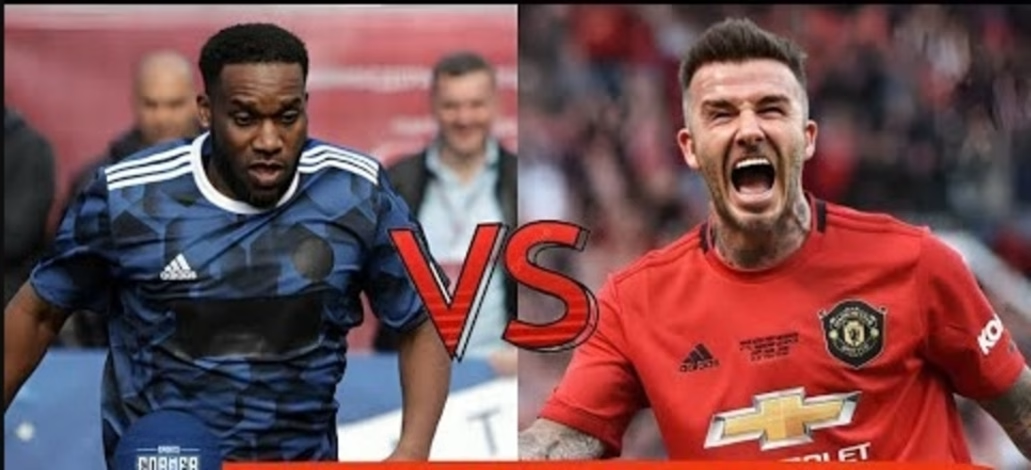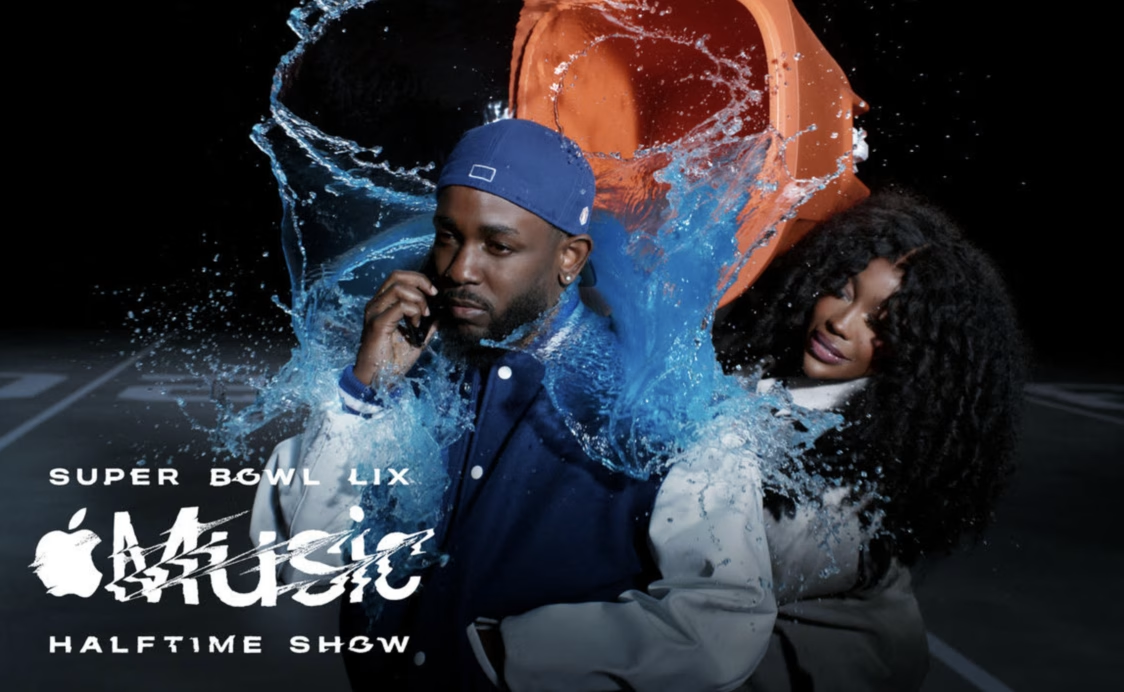By Tony Bruce | Thursday, October 30, 2025 | 4 min read
In the pantheon of football legends, few names evoke as much media adoration as David Beckham. His career, meticulously documented and endlessly celebrated, has become a blueprint for the modern football celebrity: good looks, marketability, and a right foot that could bend a ball like poetry. But beneath the glitz and global endorsements lies a quieter truth—one that rarely makes headlines. Jay Jay Okocha, the Nigerian midfield maestro, was arguably the more gifted footballer. Yet, his brilliance was often sidelined, his legacy muted by a system that rewards whiteness as much as it does talent.
Okocha didn’t just play football; he performed it. His style was improvisational jazz in a sport that often favors rigid structure. He danced through defenders with a smile, his feet moving faster than thought, his body language radiating joy. Watching him was like witnessing a magician who didn’t need a wand—just a ball and a patch of grass. He wasn’t just entertaining; he was effective. His vision, control, and creativity turned matches on their heads. He made the extraordinary look effortless, and the effortless look divine.
Beckham, by contrast, was a specialist. His crosses were pinpoint, his free kicks iconic. He had discipline, drive, and a knack for delivering in high-pressure moments. But he wasn’t a dribbler, a playmaker, or a game-changer in the way Okocha was. Beckham’s game was linear, structured, and predictable—qualities that made him reliable but rarely transcendent. And yet, it was Beckham who became the face of football’s global expansion. It was Beckham who landed the magazine covers, the movie cameos, the multimillion-dollar sponsorships.
The disparity isn’t just about style; it’s about visibility. Beckham was born into a system that amplifies whiteness. His Englishness, his proximity to power, and his photogenic appeal made him the perfect vessel for football’s commercial ambitions. Okocha, despite dazzling performances in Germany, France, England, and Turkey, never received the same institutional push. He was exoticized, admired, but never truly elevated. His talent was seen as entertainment, not legacy.
This isn’t to say Beckham didn’t work hard or deserve recognition. He did. But the machinery around him—media, marketing, and cultural bias—ensured that his narrative was always front and center. Okocha, meanwhile, was left to be a cult hero, beloved by those who saw him play but largely absent from the mainstream football canon. His story is a reminder that greatness alone isn’t enough. Visibility is curated. Fame is manufactured.
Consider the coverage. Beckham’s every move was newsworthy—from his hairstyles to his tattoos to his marriage. Okocha’s brilliance on the pitch rarely translated into off-pitch attention. There were no documentaries, no fashion lines, no global campaigns. His legacy lived in YouTube compilations and nostalgic fan forums, not in the halls of football’s elite institutions. And that’s the tragedy. Because if football is art, Okocha was Picasso. But the gallery chose to hang a different portrait.
Race plays a role here, undeniably. The football world, like many others, has long struggled with its Eurocentric lens. Black players are often celebrated for physicality, flair, or instinct—rarely for intelligence, leadership, or innovation. Okocha broke those molds, but the system wasn’t ready to rewrite its narrative. He was too brilliant to ignore, yet too Black to center.
In recent years, there’s been a slow reckoning. Fans and analysts are revisiting careers like Okocha’s, recognizing the gaps in football’s storytelling. But the damage is done. The headlines were written, the statues erected, the myths cemented. Beckham became a brand. Okocha became a memory.
And so we ask: what does it mean to be great if greatness isn’t acknowledged? What does it say about a sport when its most gifted artists are footnotes in someone else’s biography? Jay Jay Okocha was better than Beckham—not in every metric, but in the ones that matter to the soul of the game. But white privilege wrote the headlines, and history followed the script.
Trump’s Japan Remarks Stir Anxiety Over Domestic Force Deployment and Mental Health
Elon Musk Pushes $1 Trillion Tesla Pay Plan to Preempt Shareholder Lawsuit Over $29 Billion Award
Democrats and Independents’ New Argument to Judges on Crime: “Trump Won’t Pardon Us”
AI 2025 Reality Check: What’s Working and What’s Hype
Trump’s Golden Ballroom: White House Demolition Sparks a Constitutional Crisis

Copyright 2024 FN, NewsRoom.






